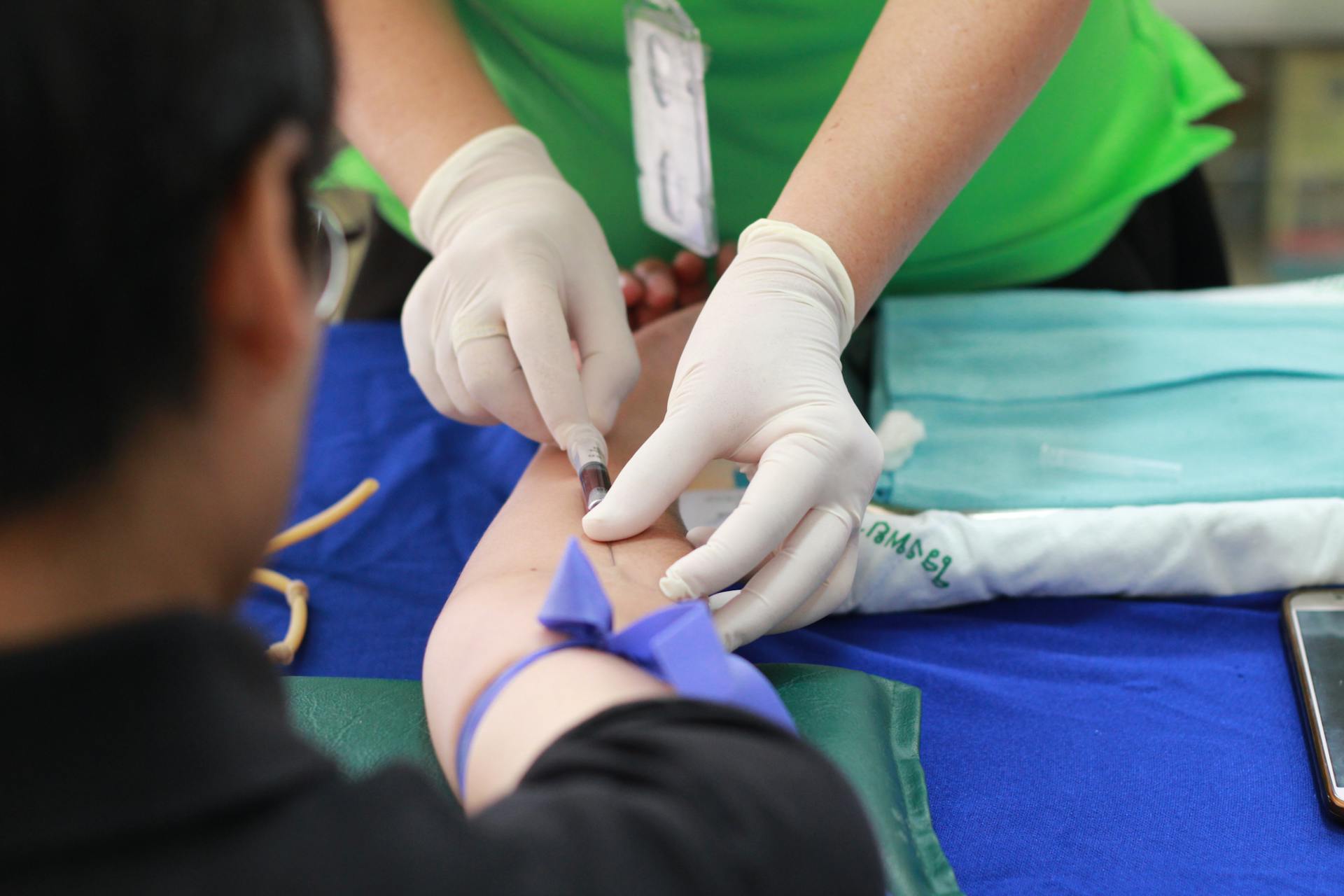Paid clinical trials offer individuals the opportunity to contribute to medical research while earning compensation for their time and participation. While the primary motivation for participating in clinical trials may be the opportunity to make a difference in healthcare, many people are also curious about the financial aspects of participation. In this blog post, we’ll explore the factors that determine compensation for clinical trial participants and provide insights into how much you can expect to earn from paid clinical trials.
Factors Affecting Compensation
The amount of compensation offered for participation in clinical trials can vary widely depending on several factors:
- Trial Phase: Clinical trials are typically conducted in multiple phases, with compensation often increasing as the trial progresses to later phases. Phase 1 trials, which involve testing the safety of a new treatment in a small group of healthy volunteers, typically offer lower compensation compared to Phase 2 and Phase 3 trials, which involve larger groups of participants and more extensive testing of the treatment’s effectiveness.
- Duration and Complexity: The duration and complexity of the clinical trial can also influence compensation. Trials that require a longer time commitment or involve more invasive procedures may offer higher compensation to participants to compensate for their time and inconvenience.
- Risk and Discomfort: Compensation may also be influenced by the level of risk and discomfort associated with participation in the clinical trial. Trials that involve more significant risks or potential side effects may offer higher compensation to participants to offset these factors.
- Location and Demand: Compensation can vary depending on the geographic location of the clinical trial site and the demand for participants in a particular area. Trials conducted in regions with a higher cost of living may offer higher compensation to participants to account for the increased expenses.
Average Compensation Rates
While compensation for clinical trial participation can vary widely, there are some general trends regarding average compensation rates:
- Phase 1 Trials: Compensation for Phase 1 trials typically ranges from a few hundred to a few thousand dollars, depending on the length of the trial and the procedures involved. Healthy volunteers may receive lower compensation compared to participants with specific medical conditions.
- Phase 2 and Phase 3 Trials: Compensation for Phase 2 and Phase 3 trials can vary significantly depending on the nature of the trial and the level of participation required. Participants may receive compensation ranging from a few thousand to several thousand dollars, with some trials offering compensation for travel expenses and other related costs.
- Specialized Trials: Trials that target specific medical conditions or require participants with rare characteristics may offer higher compensation to attract eligible participants. Compensation for specialized trials can vary widely depending on the demand for participants and the level of expertise required.
Additional Considerations
While compensation is an important factor to consider when deciding whether to participate in a clinical trial, it’s essential to weigh the potential risks and benefits carefully. Participants should thoroughly review the informed consent document, discuss any concerns with the research team, and consult with a healthcare professional before making a decision.
The amount of compensation you can earn from paid clinical trials can vary depending on various factors such as trial phase, duration, complexity, and location. While participation in clinical trials can offer financial compensation, it’s essential to consider the potential risks and benefits carefully and make an informed decision based on your individual circumstances. If you’re interested in participating in a clinical trial, be sure to explore your options carefully and consult with a healthcare professional for guidance.






Leave a Reply